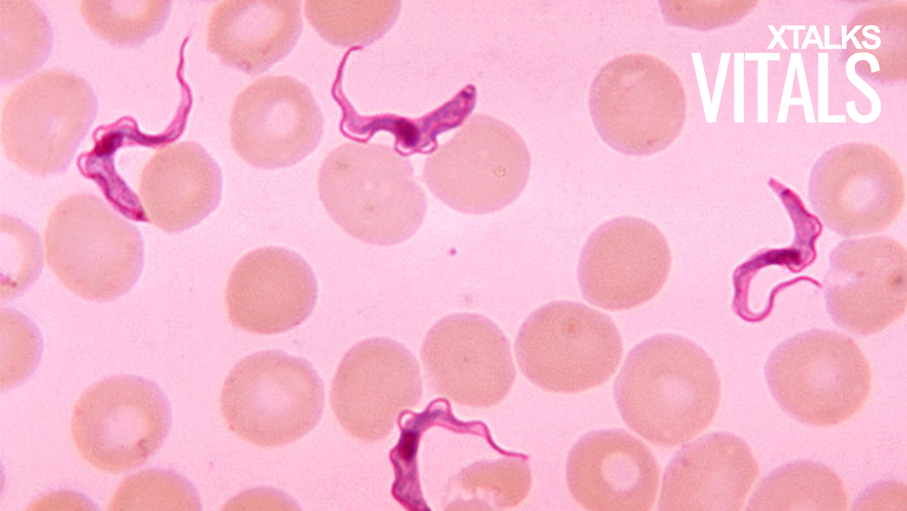A new proteasome inhibitor drug could effectively treat three parasitic infections including, Chagas disease, leishmaniasis and sleeping sickness. As described in an article in the journal Nature, the researchers screened three million compounds made by pharmaceutical company Novartis, to identify the most effective, broad-spectrum antiparasitic drugs.
All three diseases are caused by similar parasites, leading the researchers to believe that a single active pharmaceutical ingredient could be able to target them all. Sleeping sickness – or Human African trypanosomiasis – is caused by infection with the Trypanosoma brucei parasite, which is transmitted by the tsetse fly.
Chagas disease is caused by the Trypansosoma cruzi parasite, which is most common in Latin America. Leishmaniasis is spread by the sandfly, and is caused by parasites of the same name. It’s estimated that 20 million people are infected by the three parasites combined, which kill 50,000 people annually.
Currently-available drugs can treat these infections, however they are expensive and require specialized equipment, such as an intravenous drip, which are often unavailable in poorer regions. The new drug identified by researchers – named GNF6702 – was successful at treating all three parasitic infections in mouse models.
“What makes it special is the fact it is targeting all three parasites. That’s the first time it has been done, so it is quite special,” Dr. Elmarie Myburgh, a researcher at the University of York, told BBC News. “To me this is obviously a big deal, I’m in this field to try and make a difference, to get to a cure, and we’re working hard in the hope that it gets to patients. There’s been very little incentive to spend a lot of money on these diseases as they affect a very poor, and yet large, population.”
GNF6702 acts on the protein complexes, known as proteasomes, which allow the parasites to break down proteins and reuse their components. Luckily, this compound does not affect the same protein complexes found in human cells.
According to Richard Glynne, from the Genomics Institute of the Novartis Research Foundation, identifying the proteasome as a drug target was “not by design, more by serendipity.” However, Glynne told BBC News that the drug candidate could eventually be developed into three separate pharmaceuticals, each specifically designed to treat the different parasitic infections.
“It may be a single drug for all three diseases may not be the best strategy,” said Glynne. “The biology of the diseases is different. For example in sleeping sickness the parasite is in the brain, so you need a drug that gets into the brain, so there are tweaks that may be required.”
The researchers are now conducting safety studies to determine the drug’s suitability for human clinical trials. “This is quite an important piece of research, I’m excited by it, but there’s still a long way to go,” Dr. Stephen Caddick, the director of innovation at the Wellcome Trust research charity, told BBC News.












Join or login to leave a comment
JOIN LOGIN